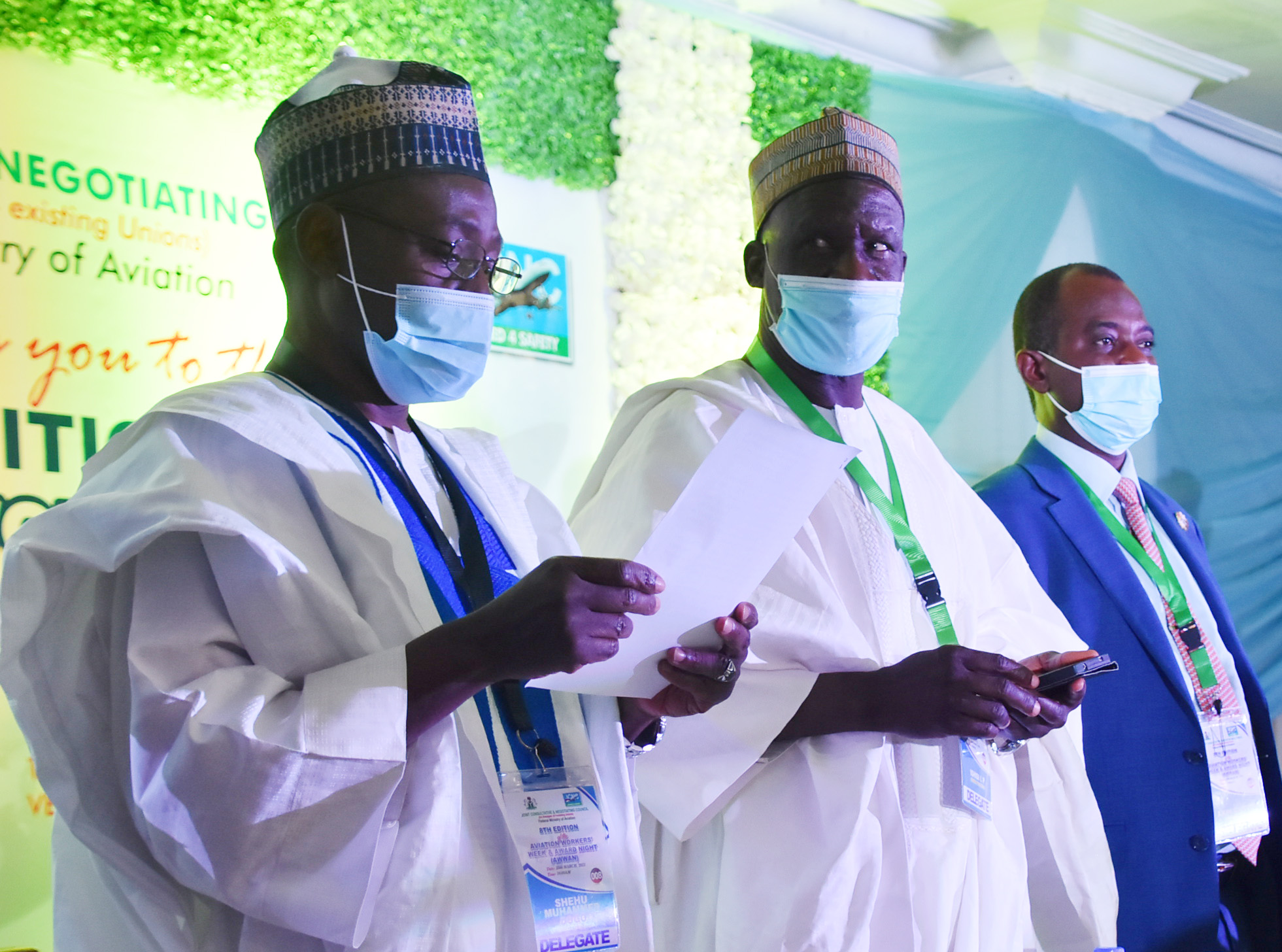Business
FG Begins Installation Of 100kWp Power Plant In Cross River

The Federal Government has begun the installation of a 100 Kilowatts Peak (KWP) Isolated Mini Grid at Bolton Hill Community, Obanliku Local Government Area of Cross River.
The Minister of State for Power, Mr Jeddy Agba, while performing the ground breaking on Wednesday in Obanliku, said the power project was deployed to serve the people of the community.
Agba said that the Federal Government was committed to the project in order to increase the volume of economic and social activities of the people.
He charged the developer and all other stakeholders working on the project on timely completion.
“I urge the Rural Electrification Agency (REA) team, as well as the project developer to accelerate the completion of this project at the usual pace the agency is known for,” he said.
In his remarks, the Managing Director, REA, Mr Ahmad Salihijo, said his agency was mandated to carry out such duties as an interventionist agency.
According to him, more rural communities across the country are going to benefit from the REA’s power projects in the coming months.
“At REA, this is a usual familiar sight as we have to set in motion the usual Data driven process on the path to energising another community in the coming months.
“This is what we have been mandated to do. It is therefore, a delight at REA that we have continued to increase the number and pace of these interventions as we gradually close huge energy gap in our great nation,’’ he said.
After the ground breaking, the minister also inaugurated a 60kWp Solar Hybrid Mini Grid power plant in Obudu Ranch Resort to boost business activities at the resort.
Business
Nigeria’s ETF correction deepens as STANBICETF30, VETGRIF30 see 50% decline in a week

Business
BOI Introduces Business Clinic

Business
Dangote signs $400 mln equipment deal with China’s XCMG to speed up refinery expansion

-
Maritime2 days ago
Customs Declares War Against Narcotics Baron At Idiroko Border
-
Maritime2 days ago
Nigeria To Pilot Regional Fishing Vessels Register In Gulf Of Guinea —Oyetola
-

 Sports2 days ago
Sports2 days agoGombe-Gara Rejects Chelle $130,000 monthly salary
-
Maritime2 days ago
NIMASA,NAF Boost Unmanned Aerial Surveillance For Maritime Security
-
Maritime2 days ago
NIWA Collaborates ICPC TO Strengthen Integrity, Revenue
-

 Sports2 days ago
Sports2 days agoTEAM RIVERS SET TO WIN 4×400 ” MORROW” …Wins Triple jump Silver
-

 Sports2 days ago
Sports2 days agoNSC eyes international hosting rights
-

 Sports2 days ago
Sports2 days agoNPFL Drops To 91st In Global League Rankings

